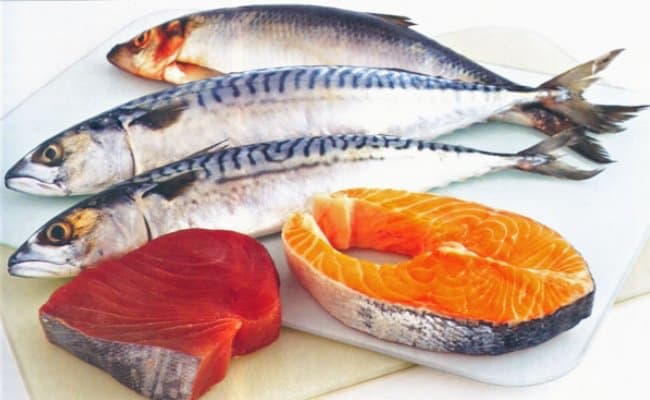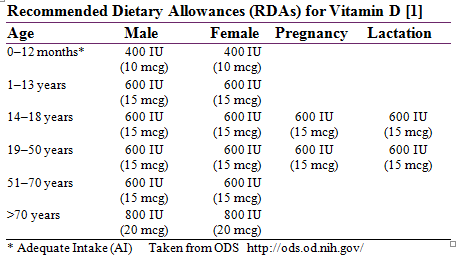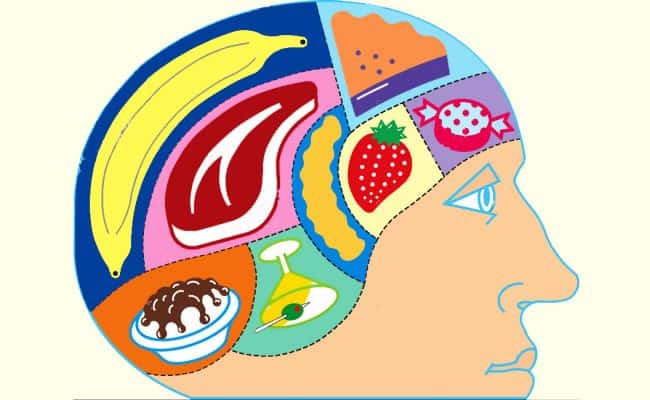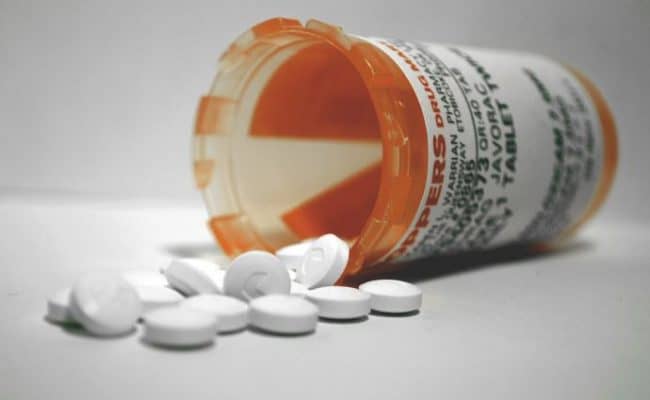
Vitamin D has many roles in the body and is an important element for overall health. To be honest all vitamins and minerals and all different nutrients are important and necessary so we should not discriminate over any of them.
To the point, researchers and doctors suggest that vitamin D is important for bone health, fighting mental health conditions such as depression, immune function cancer genesis and so on. But what about vitamin D and weight loss? Does vitamin D help with weight loss?
Vitamin D and weight gain
Vitamin D deficiency seems to be a common phenomenon of the westernised lifestyle. A number of different studies have looked at associations between weight and vitamin D levels. Some studies have suggested that there is a link between vitamin D deficiency and obesity.
Moreover, vitamin D deficiency has been associated with metabolic diseases and lipid dysregulations such as diabetes and the metabolic syndrome. Vitamin D is needed for a number of different processes in the body and it seems common sense that deficiency of it would affect all sorts of different aspects of health and the body.
One possible mechanism is attributed to calcium absorption. Vitamin D helps in the absorption of calcium and lack of it has been associated with increased levels of calcium in adipose tissue (fat stored in the body). In result there may be a decreased in lipid oxidation (burning of fat) and therefore in weight gain.
In simple words, lack of vitamin D could lead to weight gain amongst increasing the risk other health conditions.
Vitamin D and weight loss
So if lack of it can make you gain weight does that mean that if you have plenty of it will make you lose it?
Usually the answer would be ‘it is not that simple’ but in this case it may be surprising. There may be however a few ways in which vitamin D is connected with weight loss. Some of which may be:
1. Studies have consistently correlated vitamin D with weight loss. Basically people who take vitamin D in their diet tend to have smaller waists and they seem to lose more weight faster than those who lack of it.
2. The effects of vitamin D in weight loss seem to be more prominent when combined with calcium. Some studies have looked at vitamin D and calcium supplementation in combination. They suggest that vitamin D and calcium supplementation can contribute into weight loss and also into visceral fat reduction (belly fat).
3. Moreover, some studies suggest that there is evidence to show that vitamin D could be stopping the development of adiposities (the cells which store the fat in the body). In result and in simple words it could be stopping people from storing fat.
4. However, here comes the more complicated part of vitamin D and weight. Some studies have shown that the higher the body fat, the lower the vitamin D levels in the body. One reason this may happen is that adipose tissue (stored fat in the body) may store the vitamin D produced by the skin and make it less active; this seems to be truer for women than men and correlated to visceral fat as well (higher belly fat = less vitamin D).
On the other hand, when people lose a substantial amount of weight their vitamin D levels increase.
Conclusion
Here is a little bit like the chicken and egg controversy; what came 1st, the chicken or the egg? As with many things the full mechanism of how vitamin D relates to weight and loss/gain of it are not fully understood.
Either way vitamin D is considered one very important part for health and a number of the body processes. Vitamin D deficiency could lead to weight gain and weight loss itself can help increase vitamin D levels which in result may increase weight loss and also improve a number of other elements also related to weight such as insulin sensitivity, parathyroid hormone, calcium metabolism and absorption. So it is like a cycle going around.
However, do keep in mind that vitamin D exclusively is neither a scapegoat nor a magic solution. Diet and lifestyle does affect weight gain and weight loss, so do evaluate your diet and how is it influencing your weight!
Increasing vitamin D
1. Sunshine
Vitamin D can be synthesised by the body more specifically by the skin. It does require sunshine however and more specifically to be exposed to sunshine. At last sunbathing is back in fashion! Well kind of… Unfortunately it is not just any sun ray that promotes vitamin D synthesis and a lot of the sun blocks tend to block most the sun rays needed for that job. But don’t give up on your sun protection just yet as the harmful effects of the sun may be worst.
Also with obese people studies have shown that although the rate of vitamin D synthesis may be the same as with non obese, however the levels may be low in the blood. So you may be melting under the sun with not much result.
One reason may be that vitamin D gets stored in fat tissue as mentioned earlier. Moreover, things like pollution, ozone layer issues complete cloud, glass (sunbathing indoors) etc can results in not getting those wanted sun rays at all so again you may be cooking under harmful sun rays without protection, for no reason.
Aim for some sunshine with safety, even if it reduces your vitamin D production.
2. Supplementation
As with most vitamins you can get vitamin D through food and supplements. Although I am not a strong believer of supplements, with vitamin D you may need that extra boost. This may be especially true through the winter months where sun is scarce.
Which ones are good?
At a quick glance cod liver oil is considered to be very rich in vitamin D, so fish oils may be considered as one of the good vitamin D supplements. However, things to consider when getting supplements:
1. Always go for a reputable company which may guarantee good quality supplement and in an appropriate quantity. Sometimes the very cheap vitamin supplements may either be of poor quality and/or of a very low content so you are not getting a lot, if anything out of it.
2. In addition, look at the label to see if it list the origin and the source of the supplement, is it a natural source etc. The more information provided the better decision you can make. If you don’t know where it comes from or how you don’t really know what you are taking.
3. It is best to aim for those supplements which do carry an approval from an appropriate body such as the FDA. If they are not approved it doesn’t necessarily mean they are bad for health. But if they have an approval it means that they been tested and they should meet some specific standards. Look at Sites such as the FDA or ODS to see if there is a recommended list of supplements
4. Always consult a doctor or dietician (or any appropriately qualified professional) before starting any supplementation especially when any health complaints/concerns/conditions are present.
The table bellow has been taken by the Office of dietary supplements (ODS) in the US and it provides some guidelines for vitamin D needs. These guidelines are calculated with the minimum amount of sun exposure. Therefore, if you are taking vitamin D through diet or you are exposed to the sun as in the summer you may need less supplementation than what the table suggests.
3. Foods reach in vitamin D
I personally am a big fun of getting nutrients from natural sources such as food. Following a healthy balanced diet is probably the best solution as it should contain large variety of foods and from all areas and therefore more likely to provide you with all the nutrients you need.
To be more specific however, aim for oily fish as it may be quite obvious. If fish oils can be rich in vitamin D, then it makes sense that oily fish will be a good source. Salmon, swordfish and tuna are 3 examples and can be cooked in a variety of ways. Try Salmon cooked in lemon and white wine, Moroccan spiced grilled tuna or a fish medley pie.
Add dairy products in your diet such as milk and yogurt. Maybe not as rich in vitamin D as oily fish but they combine calcium as well and as mentioned above the combination may be highly suggested.
Other foods containing vitamin D include legumes, eggs beef and liver. These are just some examples as vitamin D is contained in a number of other foods in small quantities. Include as much variety as possible in your diet and you are more likely to be covering most nutrients.
References used in this article












Papy says
I get confuse about vitamin D some Docters are telling diabetic people to take Vitamin D cause its helping them to increase the insulin ……can u plis explain